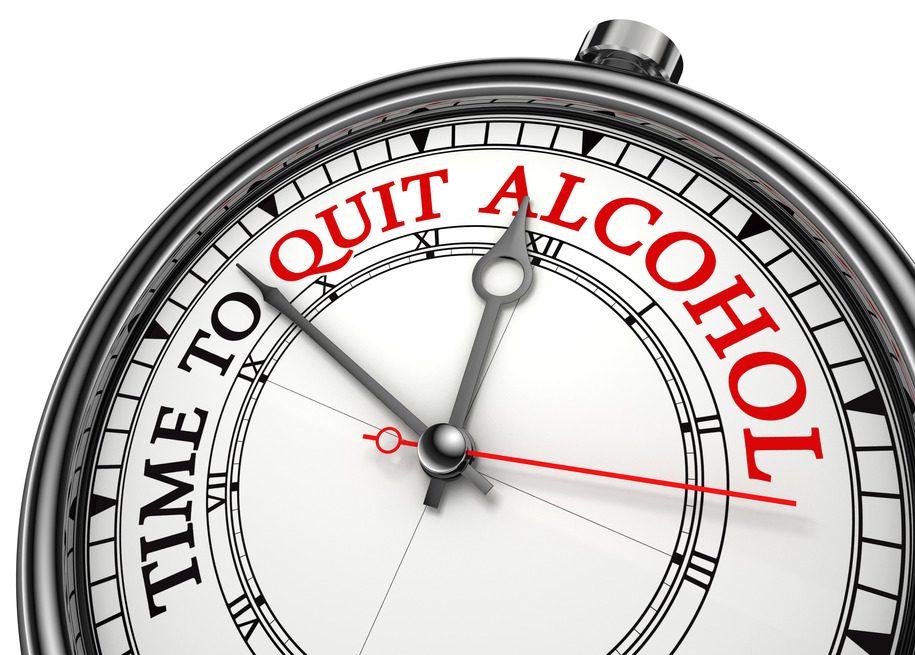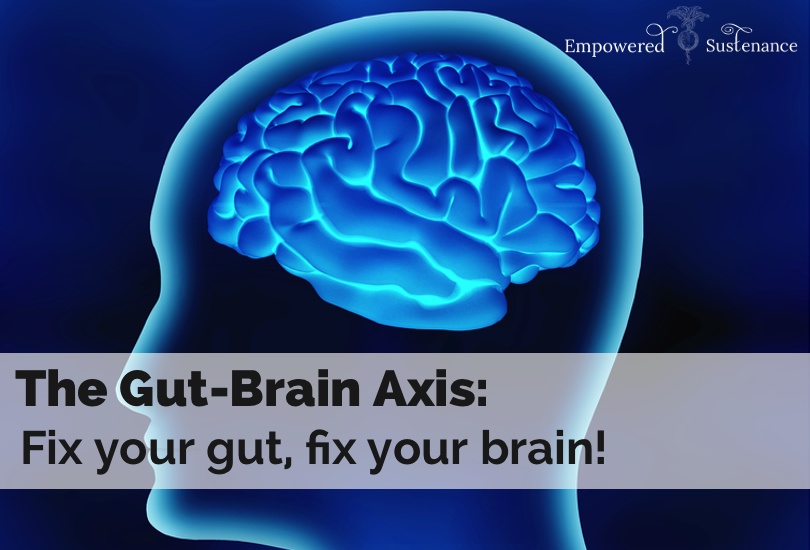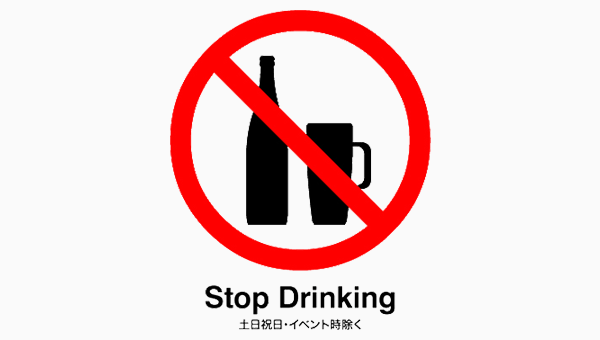Alcohol malnutrition contributions

Alcohol malnutrition contributions is evident in the life of most alcoholics
Alcohol malnutrition contributions: Primary and secondary malnutrition
Malnutrition is an avoidable problem but some of our habits make it very difficult to do so. It is interesting to note that no one would want to be put in the category of malnourished people yet our actions do not really conform to the things that will prevent us from being malnourished. From the previous article, we have just established that alcoholic beverages are only rich in water and ethanol with very negligible patches of some nutrients. I do not know what you do with your life but one thing I do know is that if you are misusing alcohol consistently, then you need to stay on the link and follow keenly on the alcohol malnutrition contributions. Experts at AWAREmed Health and Wellness Resource Center will be sharing with us on some of the things we need to know to be safe from both the problems of alcohol consumption malnutrition contributions.
In general doctor Dalal Akoury MD who is also the founder of AWAREmed Health and Wellness Resource Center states that from the observation made in various scientific studies, there are clear evidence that many alcoholics do not take a balanced diet; moreover, as had been mentioned earlier, excessive alcohol consumption may interfere with these alcoholics’ ability to absorb and use the nutrients they do consume productively. Accordingly, many alcoholics suffer from various degrees of both primary and secondary malnutrition. Primary malnutrition occurs when alcohol replaces other nutrients in the diet, resulting in the overall reduced nutrient intake. Secondary malnutrition occurs when the drinker consumes adequate nutrients but alcohol interferes with the absorption of those nutrients from the intestine so they are not available to the body.
The most severe malnutrition, which is accompanied by a significant reduction in muscle mass, generally is found in those alcoholics who are hospitalized for medical complications of alcoholism (e.g., alcohol–related liver disease or other organ damage). If these patients continue to drink, they will lose additional weight; conversely, if they abstain from drinking, they will gain weight. This pattern applies to patients with and without liver disease.
Alcohol malnutrition contributions: Alcohol’s effects on digestion and absorption of essential nutrients
Alcohol consumption, particularly at heavy drinking levels, not only influences the drinker’s diet but also affects the metabolism of those nutrients they consume. Thus, even if the drinker ingests sufficient proteins, fats, vitamins, and minerals, deficiencies may develop if those nutrients are not adequately absorbed from the gastrointestinal tract into the blood, are not broken down properly or are not used effectively by the body’s cells. Two classes of nutrients for which such problems occur are proteins and vitamins. It, therefore, means that alcohol is the biggest enemy and must be eliminated. Many at times people often find it difficult to cease alcohol consumption because of its addictiveness and that is why doctor Akoury comes in. Having been in the profession for over two decades, doctor Akoury will help you get rid of the bottle and become free from alcohol consumption malnutrition contributions. All you need to do is to call her now for the commencement of your recovery process.
Alcohol malnutrition contributions: Primary and secondary malnutrition









